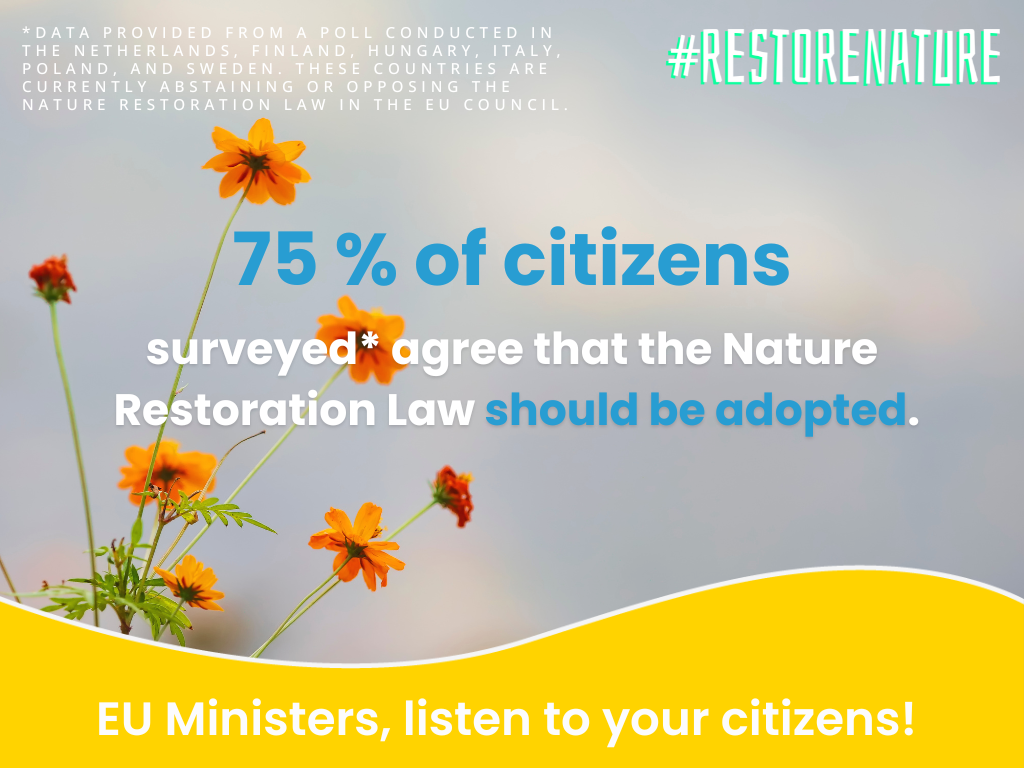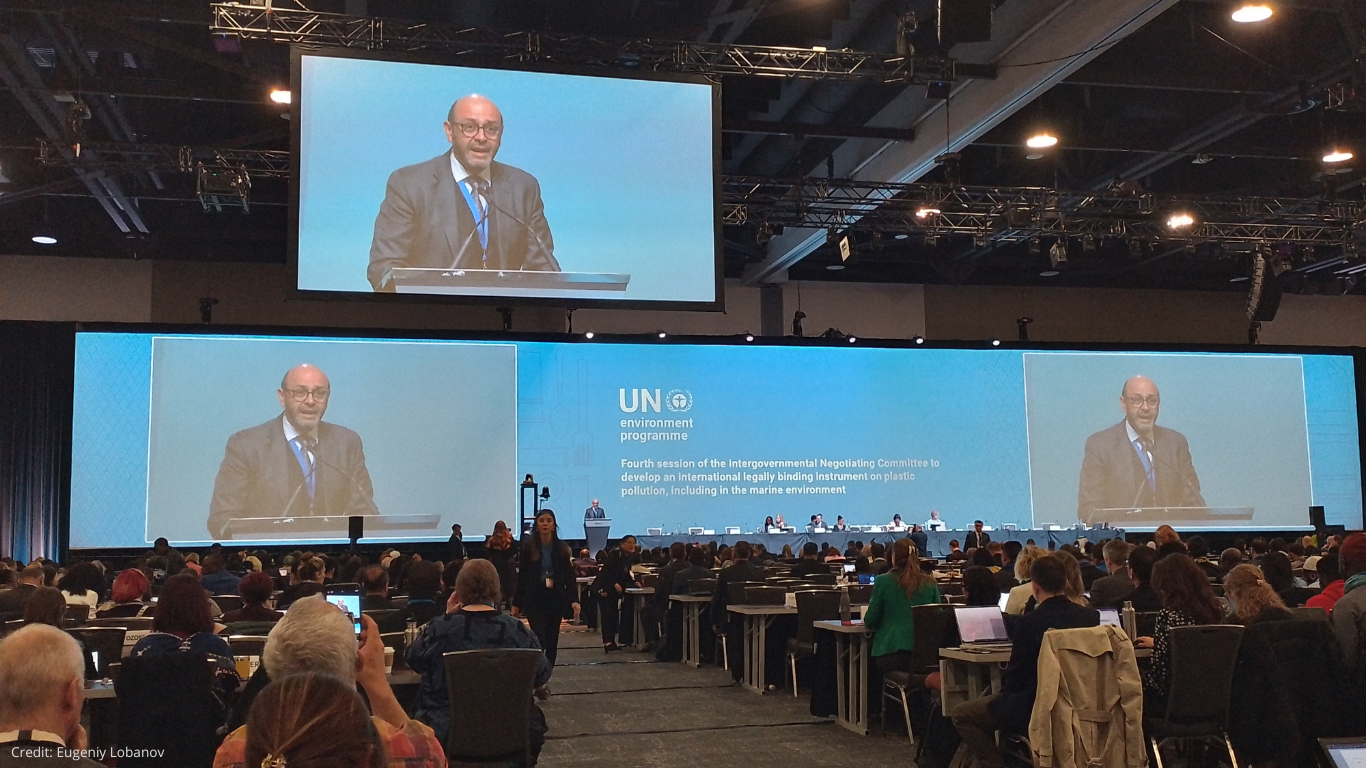CCB requires that EIA on Nord Stream 2 Project addresses holistic and cumulative impacts on the Baltic Sea ecosystem
CCB follows public hearings on Environmental Impact Assessment of the proposed Nord Stream 2 Project in transboundary context within the frame of Espoo Convention.
Today, on 21 July, the hearings are held in Stralsund, Germany, following 4 days of national EIA hearings held under the German law.
Our main point remains the same
: as a transboundary project that may impact the whole Baltic, if it will permitted to commence, it should assess the impacts and develop mitigation measures on the whole Baltic ecosystem and nature values
and not just impacts/risk on the neighbouring countries.
Otherwise, implementation of such projects unilaterally or even bilaterally contradicts with coordinated and unified goals of reaching Good Environmental Status of the Baltic Sea under the EU MSFD and HELCOM BSAP.
All Parties of Origin under the Espoo case
– Russia, Germany, Finland, Sweden and Denmark bear equal responsibility for ensuring that such impacts are minimized and/or prevented
– in both their own waters as well as long-range impacts on the whole Baltic.
See CCB Statement with these regards here.


